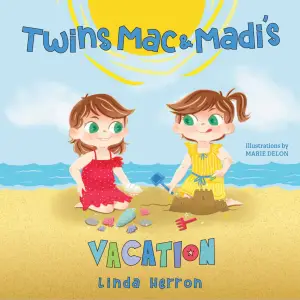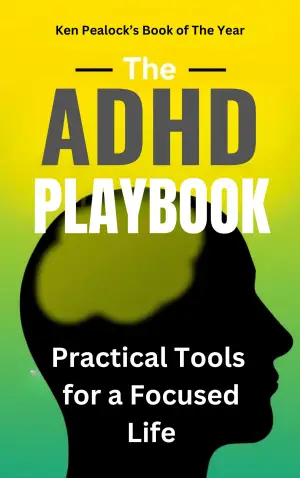You’d Be Home Now: A Deep Dive into Glasgow’s Latest Work
When I first picked up You’d Be Home Now by Katie Glasgow, I was drawn in by the promise of a poignant exploration of life’s tragedies—those tumultuous, teenage years that shape us in ways we often don’t realize until much later. However, while tackling serious themes like the opioid crisis and familial dysfunction, I found myself grappling with a narrative that felt less like a gripping story and more like a checklist of literary tropes aimed at critical acclaim.
At the heart of the story is Emory, a teenager navigating the heavy aftermath of a family tragedy. The plot unfolds in a small town rife with emotional wreckage and social issues, all too familiar in contemporary YA literature. Glassgow seeks to portray a cold, isolated atmosphere, complete with absentee parents and deep introspective monologues. Yet, as I flipped through the pages, I couldn’t help but feel like I was traversing a too-familiar landscape littered with clichés.
The themes of guilt, shame, and the quest for identity are prevalent; however, they oftentimes came across as repetitive and uninspiring. Emory oscillates between feeling guilty and doing… not much at all. I found myself longing for her to act, to discover some semblance of agency beyond her circumstances. Her relationship with Gage, for example, does more to contribute to her emotional heaviness than to move the plot forward.
Moreover, while the book does tackle the opioid epidemic, I felt the approach was rather heavy-handed and simplistic. Glasgow presents it as a straightforward issue of overprescription without delving into the complex systems that perpetuate addiction—a missed opportunity for deeper commentary.
In terms of writing style, I couldn’t shake the feeling that Glasgow had curated her prose to hit those "prestige" checkpoints—lyrical, serious, and filled with profound momentary thoughts. Yet the repetitiveness overshadowed any lyrical beauty. The narrative pacing left much to be desired. The first three-quarters of the book trudge along at a snail’s pace, only to rush through impactful events in the final chapters, which felt jarring and poorly executed.
One character who particularly irked me was Liza, the so-called "White Feminist." Her embodiment of today’s youth activism felt a touch unrealistic and ended up caricaturizing a generation instead of presenting nuanced perspectives. In discussing literature and its broader implications, Liza’s narrative ultimately sidestepped any constructive dialogue—an unfortunate missed chance to engage young readers in meaningful discussions.
Despite these drawbacks, Glasgow does shine when she humanizes those often overlooked—like the homeless and the addicted. She crafts poignant moments that remind us of the inherent humanity in everyone, a theme that resonated with me even amidst the overall disappointment.
In conclusion, You’d Be Home Now has moments that capture the weight of its themes, and readers looking for a gritty teen drama may find something of value. Yet, those seeking a fresh perspective or a gripping narrative arc may find it wanting. It’s a complicated mix of emotion and themes, perhaps meant for a particular audience that seeks validation in its familiar struggles. Personally, I walked away feeling a blend of frustration and a cautious hope that Glasgow’s future works might strike a better balance. If you enjoy poignant YA literature steeped in familiar tropes, this might be a book to check out, but with tempered expectations.












